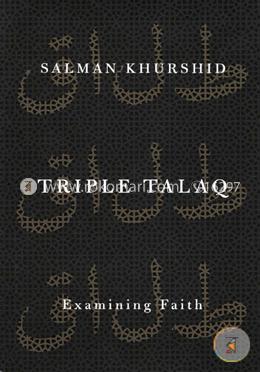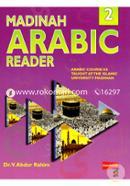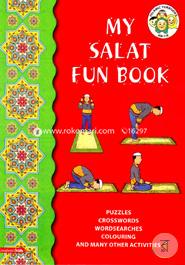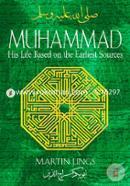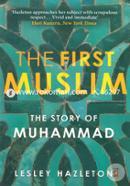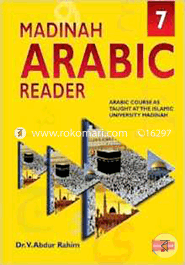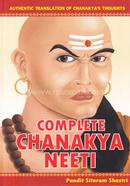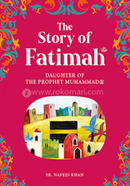Welcome to Rokomari.com!
Recently searched ![]()
Popular right now
আরিফ আজাদ Comforter Calculator Watch RFL geyser আর রাহীকুল মাখতুম পদ্মজা Pen ফেরা Trimmer Gk হুমায়ুন আহমেদ ৪৭ বিসিএস Table lamp Olive oil উপন্যাস Earbuds Joykoli IELTS English হেলাল হাফিজ Bag Qna Headphone Master SSC Udvash তিন গোয়েন্দা Quran Blender ইসলামের ইতিহাস আব্দুল্লাহ জাহাঙ্গীর Job solution Helmet ইসলামিক বই Shawl Mechanical pencil Atomic habits আসমান Harry potter সমকালীন বাচ্চাদের বই Perfume Sunscreen অভিযাত্রী Rich dad poor dad খাতা বুখারী শরীফ Animal farm Book shelf Room heater সমরেশ মজুমদার বিজ্ঞান বাক্স





 Hello, Sign in
Hello, Sign in 
 Cart
Cart 















